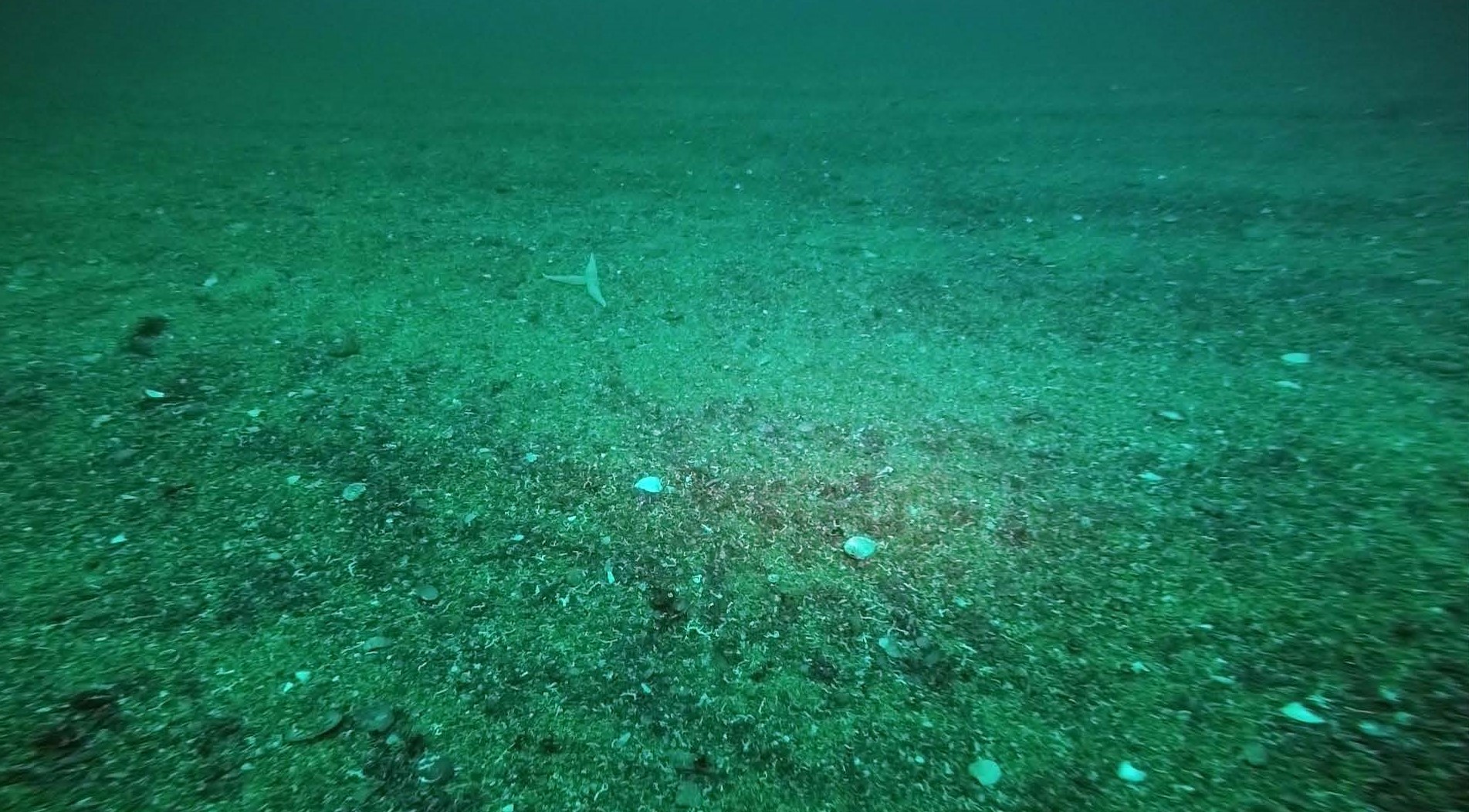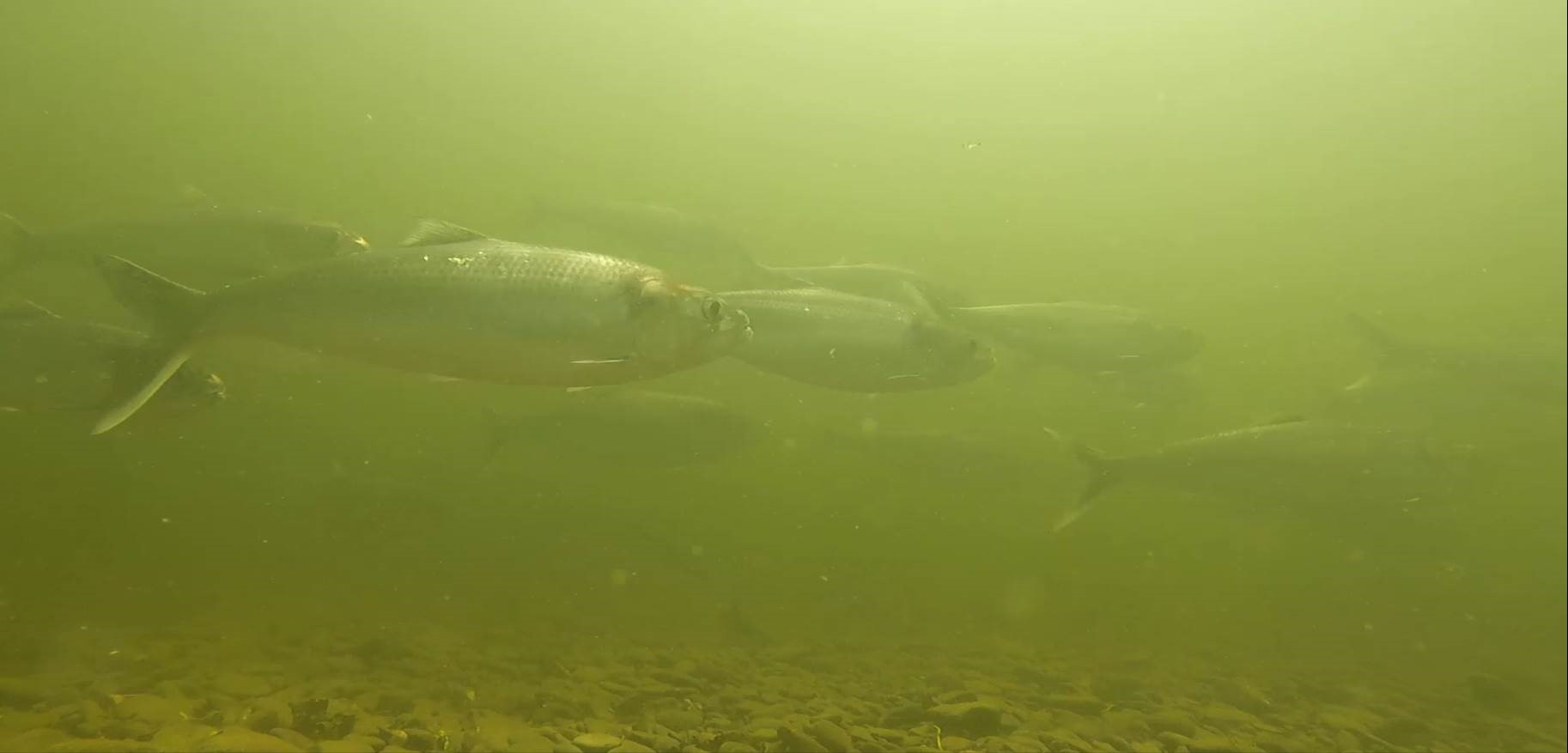News
Fish Legal win landmark victory against the Scottish Government as the Judge rules Scottish Ministers acted unlawfully
Fish Legal has won a landmark case for the Scottish Creel Fishermen’s Federation (SCFF) against the Scottish Government about the use of damaging trawled fishing gear in the inshore. The judge ruled that Scottish Ministers acted unlawfully in blocking the proposed no-trawler scheme. This is a game changer for the environment and highlights the positive effects of creel-only inshore fishing of high value Nephrops (langoustine).
Fish Legal who backed the case, is a dedicated team of lawyers who use the law to fight polluters, organisations, institutions and other who damage and threaten the water environment on behalf of anglers.
Following the judgement by the Court of Session issued on Friday, the SCFF are calling upon the Scottish Government to start managing our inshore in the public interest rather than for its friends in the trawl industry. The cornerstone of Scottish inshore fisheries policy is the right to use trawled fishing gears. These are environmentally very damaging, particularly in sensitive inshore waters and there is mounting concern about the environmental and economic impacts of this policy.[i]
The case concerns a proposed fishery pilot designed to provide vital evidence about the environmental and economic benefits of low impact static gear (creels and pots) as opposed to mobile or trawled fishing gears. The Pilot was rejected by the Scottish Government because of objections received from the trawling community, rather than on the basis of an assessment of the importance of the evidence that it might provide, and this decision was challenged by SCFF in Scotland’s Court of Session.
The final decision by the judge, Lady Poole, is robust and damning, summarising in part that the Scottish Government, ‘as a matter of law, the criteria as material considerations had to be taken into account, and were not’ and ‘has a conclusion so unreasonable no reasonable authority could have come to it’, and that it was considered, ‘that frustrating the legitimate expectation I have found to exist is a misuse of the Scottish Ministers’ powers,’ and that their decision was ‘irrational.’
Lady Poole included in her suggested remedies that, ‘SCFF is entitled to expect the New proposal is properly considered with an open mind against the criteria published by Marine Scotland, taking into account consultation responses.’
The judgement coincides with the publication by the SCFF of a document called Marine Scotland’s Mismanagement of Scotland’s inshore Nephrops fishery.[ii] This document based upon several years of interaction between SCFF and Marine Scotland calls into question both the economic competence and integrity of Marine Scotland and describes its management of the inshore as ‘completely indefensible’. The document clearly sets out in detail the enormous economic cost to Scotland of the Marine Scotland’s strongly defended ‘freedom to trawl’ principle.
There is also mounting pressure on the Scottish Government coming from many coastal community groups who have seen the productivity of their local fisheries destroyed by the chronic use of trawled fishing gears. Over 80 groups with an interest in the inshore have joined the Our Seas Coalition, which is calling for a radical change to the way Scotland’s inshore is managed[iii].
Robert Younger, director of SCFF and solicitor with Fish Legal which backed the case said, “Scotland is continuing to fail to meet its international obligations, such as the Aichi Biodiversity targets, which require the application of ecosystem-based approaches to fishing in our inshore. If Scotland wishes to meet its international obligation with respect to the inshore then the freedom to trawl principle has to go. If you read Scottish Government spin you might believe it to be a world leader in sustainability. Unfortunately, when it comes to managing our inshore fisheries its performance is nearer the bottom of the class.”
The SCFF’s National Co-ordinator Alistair Sinclair says: “The Scottish Government have in effect devolved management of our inshore to their friends in the mobile sector and this is costing Scotland a fortune in lost jobs and lost economic opportunity[iv]. I call on the Scottish Government to recognise that management of the inshore must be lawful, in accordance with published policy and must serve the national interest and not just that of the trawl sector. If the Scottish Government does not heed this message, then it can expect much more legal action coming its way.”
Alistair Philp Deputy Chair of NWRFA[v] and west coast liaison officer of SCFF said, “This decision confirms what we have observed for a very long time, which is that the Scottish Government will do what they are told by their friends in the mobile sector and this is really damaging Scotland and must now change.”
Charles Clover, executive director of Blue Marine Foundation which has supported the pilot no-trawl zone in the Inner Sound said, “I am not surprised that Marine Scotland has been judged to have acted improperly. It is an agency that has been captured by the industry it regulates and which is failing to serve the public that it represents. It is not the first time we have seen it act in this way. Marine Scotland was presented with open-and-shut evidence of illegal trawling in a marine protected area in 2019, but it has yet to submit the case to the procurator fiscal well over a year later. Marine Scotland is falling well short of other marine agencies in the UK.”
At this crucial time of renewal as the UK leaves the EU, the need to protect the environment, rather than decimate it and encourage economic benefit has never been greater. Trawling destroys fishing stock for both commercial and recreational fishing.
Penny Gane, Head of Legal Practice at Fish Legal said, “We are delighted to support this important case which ultimately is about the importance of looking after fish and their habitats in order to protect and healthy and productivity of wild fisheries. Unfortunately, the freedom to trawl in the inshore has decimated inshore fish populations and this has impacted not just the commercial fishermen themselves but also recreational sea anglers and the all the economic interests that depend upon them including tackle shops, boat charters and the hotel sector.”
[i] For example a recent leaked report called “Scottish Overall Assessment 2020” compiled by scientists from NatureScot and Marine Scotland records an ongoing critical decline in Scotland’s key inshore habitats over the last decade. The uncomfortable reality is that much of Scotland’s precious inshore ecology has been destroyed by the chronic use of mobile fishing gears over the last 30 years. An account of this may be found here.
[ii] Marine Scotland’s Mismanagement of Scotland’s Inshore Nephrops Fishery SCFF 2021
[iii] The Our Seas coalition group, comprises 84 different organisations with an interest in the inshore launched their online petition calling on greater protections for the inshore. The petition can be found here. This organisation is growing fast.
[iv] As set out in the Mismanagement document the SCFF has claims the reinstatement of the 3 nautical mile (excluding trawled gear) limit would lead to 450 additional creel boats and more than 700 new jobs.
[v] North West Responsible Fishermen’s Assocation, which the creeling fishing association responsible for the Pilot proposal. It is a member of SCFF









